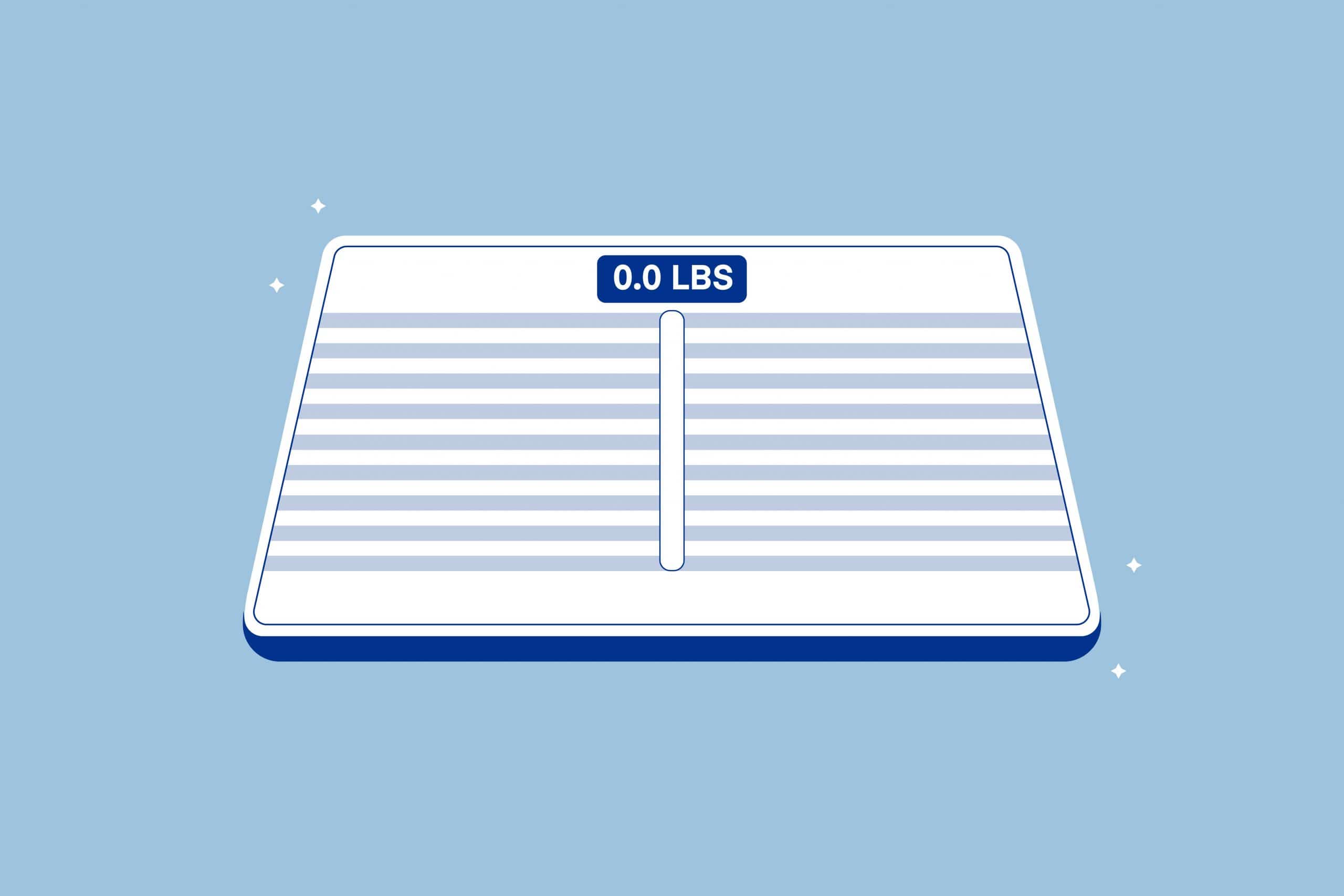Key Takeaways
- Enhanced Capacity and Features: Bariatric beds are specifically designed to accommodate individuals with limited mobility or health issues, providing a higher weight capacity (typically ranging from 500 to 1,000 pounds). They come equipped with features like pressure redistribution and custom sizing to meet the unique needs of patients.
- Pressure Ulcer Prevention and Customized Support: One of the primary benefits of bariatric beds is their ability to prevent and alleviate pressure ulcers. The beds are designed to distribute pressure evenly, reducing the risk of skin breakdown. Additionally, the customization options in terms of sizing and support contribute to enhanced comfort for patients.
- Peace of Mind for Patients and Caretakers: Bariatric beds not only prioritize the well-being and comfort of patients but also offer peace of mind for caretakers. The robust design and weight capacity ensure the safety of patients, while the specialized features contribute to a more comfortable and supportive caregiving environment.
When it comes to caring for individuals with limited mobility or health concerns, a standard hospital bed may not provide the necessary support and safety needed. That’s where bariatric beds come in. But what is a bariatric bed exactly?
Bariatric beds are specialized hospital beds designed with the unique needs of bariatric patients in mind. They are built with a higher weight capacity, often ranging from 500 to 1,000 pounds, and offer features such as pressure redistribution, custom sizes, and height range adjustments to ensure optimal comfort and support.
These beds often come with specialized bariatric mattresses, such as memory foam or high-density foam, to help prevent pressure sores and redistribute weight.
If you or a loved one requires extra care and support, a bariatric bed may be the solution for safe and comfortable sleep. In the following sections, we will explore the benefits of bariatric beds, how to choose the right one for your needs, and more.
Understanding the Benefits of Bariatric Beds
If you or a loved one requires extra space and support while sleeping, a bariatric bed can be a beneficial investment. These specialized beds offer numerous advantages that cater to the unique needs of bariatric patients, supporting their BMI and movements Verified Source National Library of Medicine (NIH) World’s largest medical library, making biomedical data and information more accessible. View source in ways that smaller beds cannot.
Pressure Ulcers and Pressure Points
One of the most significant benefits of bariatric beds is their ability to prevent and alleviate pressure ulcers and act as mattresses for pressure points. Bariatric patients are at high risk of developing these conditions due to prolonged periods of immobility. A bariatric bed helps redistribute the patient’s weight evenly, reducing the risk of pressure buildup in vulnerable areas.
Customized Support and Comfort
Bariatric beds offer a wide variety of features and functions to ensure patient comfort and support. Adjustable head and foot positions make it easy to find a comfortable sleeping position, much like a traditional adjustable bed does, while foam mattresses provide pressure relief and prevent bedsores.
Side rails provide additional safety and support, while specialty air mattresses (rather than ones for simply sleeping well while camping) offer customizable support options based on individual patient needs.
See also our guide: Memory Foam Mattress vs Air Mattress, What’s the Difference?
Peace of Mind for Loved Ones and Caretakers
Bariatric beds not only benefit patients but also provide peace of mind for their loved ones and caretakers. These beds are designed to support heavy-weight capacity and are built with a variety of handles to ensure ease of use for caretakers.
With different mattress sizes and lengths in stock and a variety of supports and features, bariatric beds are suited for home and healthcare facility use to meet different needs in the industry.
If you’re interested in purchasing a bariatric bed, exploring the available options tailored to your specific needs can provide lasting benefits for patients and their caretakers.
Choosing the Right Bariatric Bed for Your Needs
Choosing the right bariatric bed is crucial to ensuring comfort, support, and safety for individuals in need of extra care. When looking for a bariatric bed, there are several factors to consider that can make a big difference in the bed’s functionality and effectiveness in addressing your specific needs.
Weight Capacity
The weight capacity of a bariatric bed is one of the most important factors to consider. You want to make sure the bed can support the weight of the patient, plus any additional items that may be added to the bed, such as pressure relief mattresses or other support devices.
Look for beds that can support at least 350 to 500 pounds, and consider higher weight capacities if necessary.
See also: How Much Does a Mattress Weigh?
Pressure Sore Management
For patients at risk for pressure sores, pressure redistribution mattresses and other support devices can be incredibly helpful. However, some bariatric beds come equipped with these features built-in, making them more convenient and ensuring continuous pressure relief.
Be sure to look for beds with pressure redistribution and management features if pressure sore prevention is a concern. There are other steps to prevent pressure sores, Verified Source Medline Plus Online resource offered by the National Library of Medicine and part of the National Institutes of Health. View source too, such as adequate skin moisturization and powdering sheets so they don’t irritate the skin.
Yes, even a good nighttime skin routine can be a key part of managing pressure sores.
Comfort
Comfort is important for any bed, but especially for bariatric beds. Memory foam and high-density foam mattresses are common choices for bariatric beds, as these comfortable mattresses offer support and pressure relief for patients.
Look for beds with customizable features such as adjustable head and foot positions, bed rails, and air mattresses to ensure maximum comfort.
Types of Bariatric Beds
There are several types of bariatric beds available in the market, depending on your needs. Homecare bariatric beds are designed for home use, while hospital bariatric beds Verified Source National Library of Medicine (NIH) World’s largest medical library, making biomedical data and information more accessible. View source are built to withstand heavy use in a healthcare facility.
Full-electric beds allow for easy adjustment of all functions, while semi-electric beds require manual adjustment of some features. Choose the type of mattress and bed that best fits your needs and budget.
With all these factors in mind, choosing the right bariatric bed can seem daunting. However, with a little research and careful consideration of your specific needs, you can find a bed that meets all your requirements. Be sure to explore the variety of options available to find the one that is right for you.
FAQs
How wide is a bariatric mattress?
Bariatric mattresses are typically wider than standard mattresses to accommodate individuals with higher weight requirements. While sizes can vary, common bariatric mattress widths range from 42 inches to 60 inches or more. These wider dimensions ensure that individuals with higher body weights have ample space and support for a comfortable night’s sleep.
What are the benefits of a bariatric bed?
Bariatric beds offer several advantages, particularly for individuals with higher body weights or those with mobility challenges. These beds often come with reinforced frames, increased weight capacities, and specialized mattress support to enhance comfort and safety.
Additionally, bariatric beds often have adjustable features, such as height adjustments and incline settings, promoting easier access and providing caregivers with better assistance during daily activities.
What is the difference between a bariatric bed and a regular bed?
The primary distinctions between a bariatric bed and a regular bed lie in their design and weight capacity. Bariatric beds are specifically engineered to support individuals with higher body weights, featuring reinforced frames and robust construction.
These beds often have wider dimensions, greater weight capacities, and enhanced adjustability to cater to the unique needs of bariatric patients, setting them apart from standard beds.
What size sheets fit a bariatric mattress?
The size of sheets needed for a bariatric mattress depends on the specific width of the mattress. Bariatric mattresses come in various widths, such as 42 inches, 48 inches, or more.
It’s crucial to measure the width of the mattress accurately and choose sheets that match those dimensions. Specialized bariatric sheet sets are often available to accommodate the wider size requirements of these mattresses.
At what weight do you need a bariatric bed?
While there is no strict weight threshold for requiring a bariatric bed, they are generally recommended for individuals with higher body weights that exceed the capacity of standard beds. Bariatric beds are designed to support individuals with varying weight requirements. This focus offers stability, comfort, and safety for those with increased body mass.
What type of illness is a bariatric bed used for?
Bariatric beds are commonly used for individuals with obesity-related conditions, such as morbid obesity. They are also for those with medical issues that affect mobility. These beds provide essential support and comfort for individuals recovering from surgery, dealing with chronic illnesses, or facing mobility challenges due to obesity or other health conditions.
What is the purpose of a bariatric bed?
The primary purpose of a bariatric bed is to provide a safe and comfortable sleeping and resting environment for individuals with higher body weights or specific medical needs. These beds are designed to accommodate the unique requirements of bariatric patients, offering increased weight capacity, reinforced construction, and adjustable features. This dedicated focus enhances overall comfort, accessibility, and quality of care.
Conclusion
Choosing the right bariatric bed is an important decision, and by considering the factors we have discussed, you can make an informed choice. Remember to take into account the weight capacity, pressure sore management, and comfort when making your purchase. Also remember that you will likely need a specialty mattress, as you typically can’t use a regular mattress with a hospital bed.
Bariatric beds offer a host of benefits, including pressure redistribution, customization options, and specialized mattresses to ensure comfortable sleep. Whether you are a caretaker or a patient, investing in a bariatric bed is an investment in overall well-being.
With a variety of options available in the market, finding the right bariatric bed has never been easier. Take the time to research and compare different models, and don’t hesitate to consult a healthcare professional if you have any questions or concerns.
About the author
Geoff McKinnen is a writer focusing mainly on the healthcare industry and has written articles on everything from foods to help you lose weight to the connection between Alzheimer’s and sleep. Geoff’s passionate about helping readers improve their well-being to lead happier lives. Outside of work, Geoff enjoys cycling and hiking and believes that by leading a healthy lifestyle, he can help others do the same.
View all posts





